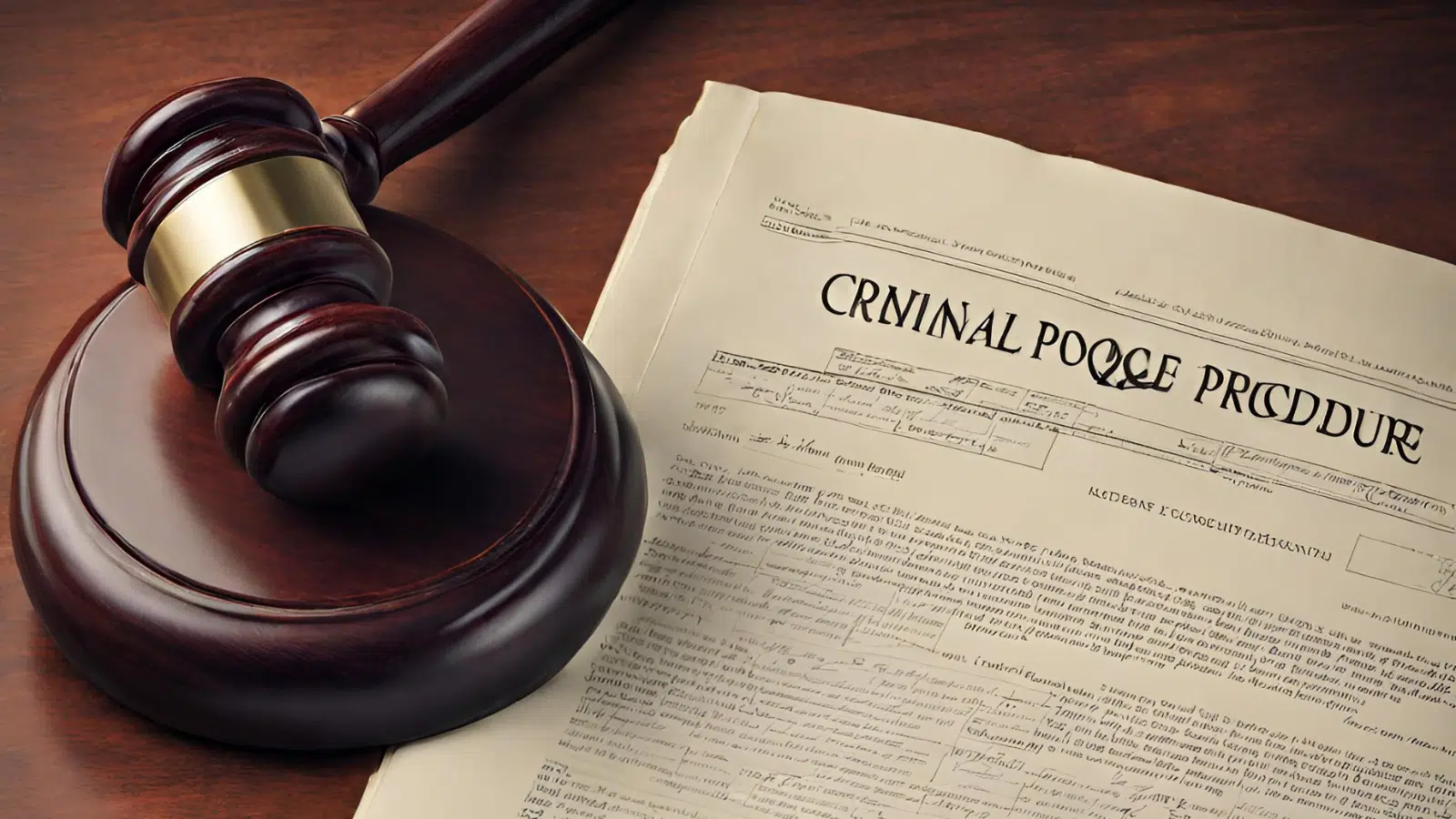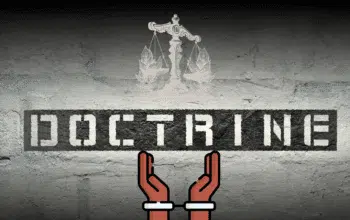Legal Literacy – This article discusses the purpose of criminal procedure law, the function of criminal procedure law, and the nature of criminal procedure law. Let’s see the explanation below.
Purpose of Criminal Procedure
According to Andi Hamzah, the goal of criminal procedure law to find the truth is only an intermediate goal and the ultimate goal is to achieve public order, peace, and welfare in society.
As formulated in the Guidelines for the Implementation of the Criminal Procedure Code in 1982, the objectives of criminal procedure law are as follows:
- Seeking and obtaining or at least approaching material truth is the complete truth of a criminal case by applying the provisions of the criminal procedure law honestly and accurately.
- Seeking out perpetrators who can be charged with violating the law and then requesting an examination and decision from the court to determine whether it is proven that a criminal offence has been committed and determine whether it is proven that a criminal offence has been committed and whether the person charged is to blame.
- After a court decision has been rendered and all legal remedies have been exhausted and finally the decision has permanent legal force, the criminal procedure law also regulates the implementation and supervision of the decision.
In addition to the Guidelines for the Implementation of the Criminal Procedure Code of 1982 above, the preamble letter c of the Criminal Procedure Code which is the basis or outline of the objectives to be achieved by the Criminal Procedure Code, namely “That the development of such national law in the field of criminal procedure law is so that people appreciate their rights and obligations and to improve the attitude of law enforcement officials in accordance with their respective functions and authorities towards the establishment of law, justice and protection of human dignity, order and legal certainty for the implementation of the rule of law in accordance with the 1945 Constitution”.
Referring to the preamble letter c of KUHAP above, Yahya Harahap18 stated the purpose of KUHAP as follows:
- Increasing public legal awareness, which means making every member of society aware of the rights that the law and the law give him and what obligations the law imposes on him.
- Improve the mental attitude of law enforcement officers, viz:
- Improving the orderly development of law enforcement officers in accordance with their respective functions and authorities;
- Increased awareness and technical skills of law enforcement officers; and
- Law enforcement officials who are devoted to God Almighty and have the morals of a just and civilised humanity.
- The establishment of law and justice at the centre of the nation’s society, namely:
- Enforcing the law based on the sources of Pancasila, the 1945 Constitution, and all laws and regulations that do not conflict with the sources of law and the values of consciousness that live in society;
- Upholding the values contained in the philosophy of Pancasila and the 1945 Constitution as well as all values contained in other laws and regulations, whose values are aspirational to the values and sense of justice of the community; and
- In order not to deviate from the KUHAP that has been determined as a guideline for the implementation procedures and principles of legal principles.
- Protecting human dignity, meaning that human beings as servants of God and as creatures of equal status with other human beings, must be placed on an overall level of dignity.
- Enforcing order and legal certainty, meaning that the meaning and purpose of community life is to seek and realise peace or order, namely a shared life between fellow members of society who are required and fostered in regular and proper ties, so that the traffic in the social order of the community concerned runs in an orderly and smooth manner.
According to Moch. Faisal Salam, the purpose of criminal procedure law is to seek and obtain at least close to the material truth, which is the complete truth of a criminal case by applying the provisions of criminal procedure law honestly and accurately, with the aim of finding out who is the perpetrator who can be charged with committing an offence, and then requesting an examination and decision from the court to determine whether it is proven that a criminal offence has been committed and whether the person charged is to blame.
Furthermore, Moch. Faisal Salam said that after a court decision is rendered and all legal remedies have been taken and finally the decision has permanent legal force, the criminal procedure law also regulates the main points of how to implement and supervise the decision. So, what is regulated in criminal procedure law is the means that must be taken in enforcing legal order in society, but at the same time also aims to protect the human rights of each individual, both the victim and the lawbreaker.
Function of Criminal Procedure
Van Bemmelen suggests 3 (three) functions of criminal procedural law, among others:
- Seek and find the truth;
- Decision making by the judge; and
- Implementation of decisions that have been made.
Of the three functions above, the function that is considered the most important because it is the foundation for the other two functions is the function of “seeking and finding the truth”. After finding the truth obtained through evidence and materials, the judge will arrive at a decision (which should be fair and precise), which is then implemented by the prosecutor.
In line with Van Bemmelen’s opinion, Bambang Poernomo stated that the duties and functions of criminal procedure law through its equipment, namely:
- To seek and find facts according to the truth;
- Apply the law with judgement based on fairness; and
- Implement decisions fairly.
If we elaborate further, the function of seeking and finding this truth must be supported by the existence of complete evidence in accordance with Article 183 of the Criminal Procedure Code, then the granting of a judge’s decision should be after going through the procedural stages and procedures of the trial as determined by the order of procedural law and jurisprudence and the implementation of the decision means that it should be carried out and implemented by authorised officials and institutions, then the implementation of the decision must also be in accordance with the dictum of the judge’s decision.
Nature of Criminal Procedure
According to van Apeldoorn, the nature of criminal procedure law is as public law and accusatoir. Criminal Procedure Law is a public law because it regulates the public interest. According to van Apeldoorn, punishable acts are now no longer viewed solely as wrongs that directly affect the injured person, but first of all as violations of the legal order, as offences against society. Meanwhile, criminal procedural law is accusatory in nature because the position of the defendant (public prosecutor) and the defendant face off as equal parties, who conduct legal battles (rechsstrijd) in front of an impartial judge.







